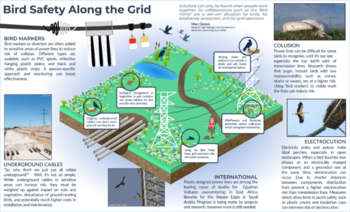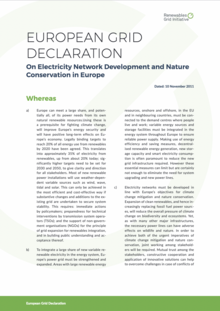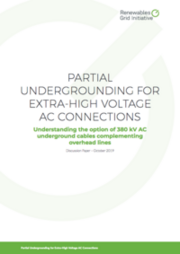
Nature Conservation and restoration
Proper nature protection forms a key part of any well-designed new infrastructure development, with power lines and renewable energy infrastructure presenting their own set of nature protection challenges. If not routed, planned and constructed correctly, these can cause habitat destruction and segmentation, bird fatalities and damage to terrestrial flora.





